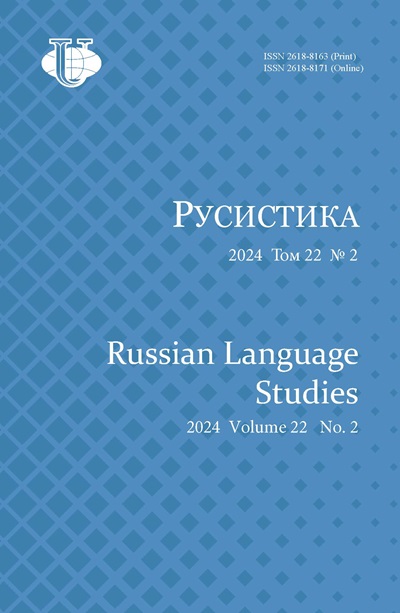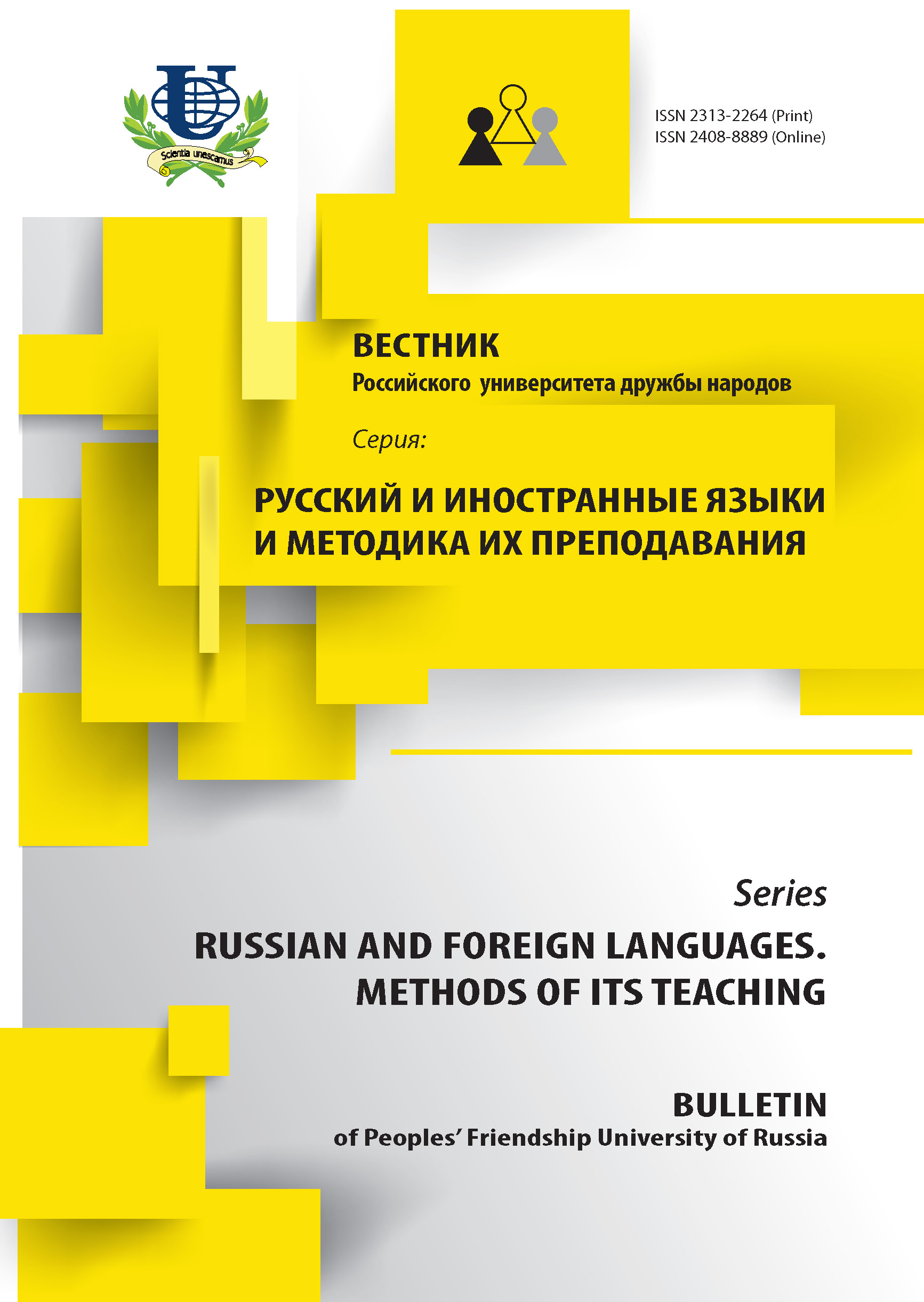CORPUS-BASED STUDIES IN ENGLISH GRAMMAR TEACHING AT THE ADVANCED LEVEL
- Authors: Zakharova EA1
-
Affiliations:
- Peoples’ Friendship University of Russia
- Issue: No 2 (2016)
- Pages: 41-49
- Section: Articles
- URL: https://journals.rudn.ru/russian-language-studies/article/view/13498
Cite item
Full Text
Abstract
In this article we consider how research using spoken and written corpora, including learner corpora, can assist in addressing the problem of what to include in an advanced syllabus. When we come to truly advanced level of teaching, we have to remember that at this point our students are already independent users. So this, obviously, has implications for methodology at the advanced level. It is important to remember that the advanced level is not just a higher version of the upper-intermediate level. The advanced level requires a qualitative, as well as quantitative, change in teaching and learning.Mike McCarthy, a Professor of Applied Linguistics at the University of Nottingham, states that the teaching of the advanced grammar can be structured, useful and directed towards academic and professional needs, if it is based on the evidence of spoken and written corpora, using both native-user and learner corpora, as well as specialized corpora such as spoken and written academic corpora. Thus, advanced-level grammar teaching should include: rare and difficult items, which are less frequent in the corpus, but which learners will be exposed to in academic/professional texts; grammar that is common but which is not often taught, or which students don’t use in their writing; grammar already known but with new meanings, new functions; meanings and functions already familiar to students but with new or different structures; key differences between spoken and written grammar; grammar that enhances style and promotes academic success.
Keywords
About the authors
E A Zakharova
Peoples’ Friendship University of RussiaDepartment of Foreign Languages Theory and Practice, Institute of Foreign Languages
References















